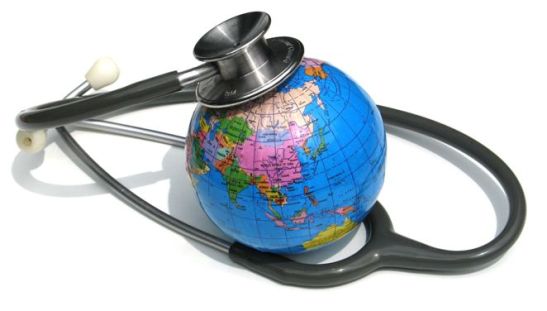Culture’s Impact on Patient Care
Medical Pharmaceutical Translations • Jan 14, 2013 12:00:00 AM

While we believe in the importance of providing culturally relevant information to patients, reaching them in a culturally sensitive way is sometimes easier said than done. In Western, industrialized societies disease is viewed as a scientific phenomenon treated with interventions based on scientific information. Other cultures see disease as a spiritual phenomenon that should be treated with spiritual interventions. Very different approaches. There are many ways differing ethnic groups approach health care.
Asian and Pacific Islanders are the largest ethnic sub-group in the United States and they put family first. Older family members are highly respected and their authority is unquestioned. The honor of the family comes before an individual and since an individual’s behavior reflects on the entire family, any indication of mental illness or depression incurs shame. Symptoms related to these conditions will likely be suppressed at all costs. In Indian and Pakistani cultures, mental illness means a less desirable marriage prospect and there may be reluctance to accept a formal diagnosis.
Maintaining harmony and avoiding conflict or confrontation are also important. Paired with an ingrained respect for authority, a health care professional’s opinion will not be questioned. However, lack of disagreement does not mean compliance. Since illness is considered a result of imbalance and disharmony, Western interventions may not be accepted. They may “yes” you in the exam room without agreeing with a word you said.
Generally, Hispanic heritage is strongly based in family and religion and each subgroup has its own beliefs and customs. Older family members are highly respected and consulted in important matters of health. Hispanics tend to share a fatalistic view of life where illness is a result of God’s divine will or punishment for sinful behavior. They may prefer home remedies to western treatments and may consult a curandero (folk healer) for their ailments.
Similarly, African American culture centers on the importance of family and religion. Extended family members and even individual members not biologically related but tied together like kin play important roles in the family. Key family members are consulted on important decisions and the church is a center of support for the individual and the family.
Native American populations commonly value cooperation and try to exist in the present. They also place great value on family and spiritual beliefs. Another proponent of harmony, they believe perfect health exists when man lives in harmony with nature. Illness is not a change in physiology but an imbalance with natural forces. Similar to Hispanics, they may reject the recommendation of a Western health care provider in favor of a shaman (folk healer).
As you can see, every culture has its own perspective and values which can vary widely from “traditional” American culture. Health care providers cannot expect a one size fits all approach to patient education and care. Doing so creates barriers made worse when language and level of education differs as well. In our next post we will discuss specific strategies for working with patients in a cross-cultural setting.
Sherry Dineen
#barriers #culture #language #patienteducation #aiatranslations
